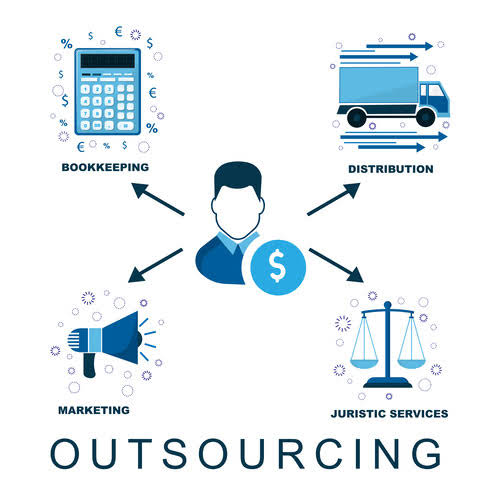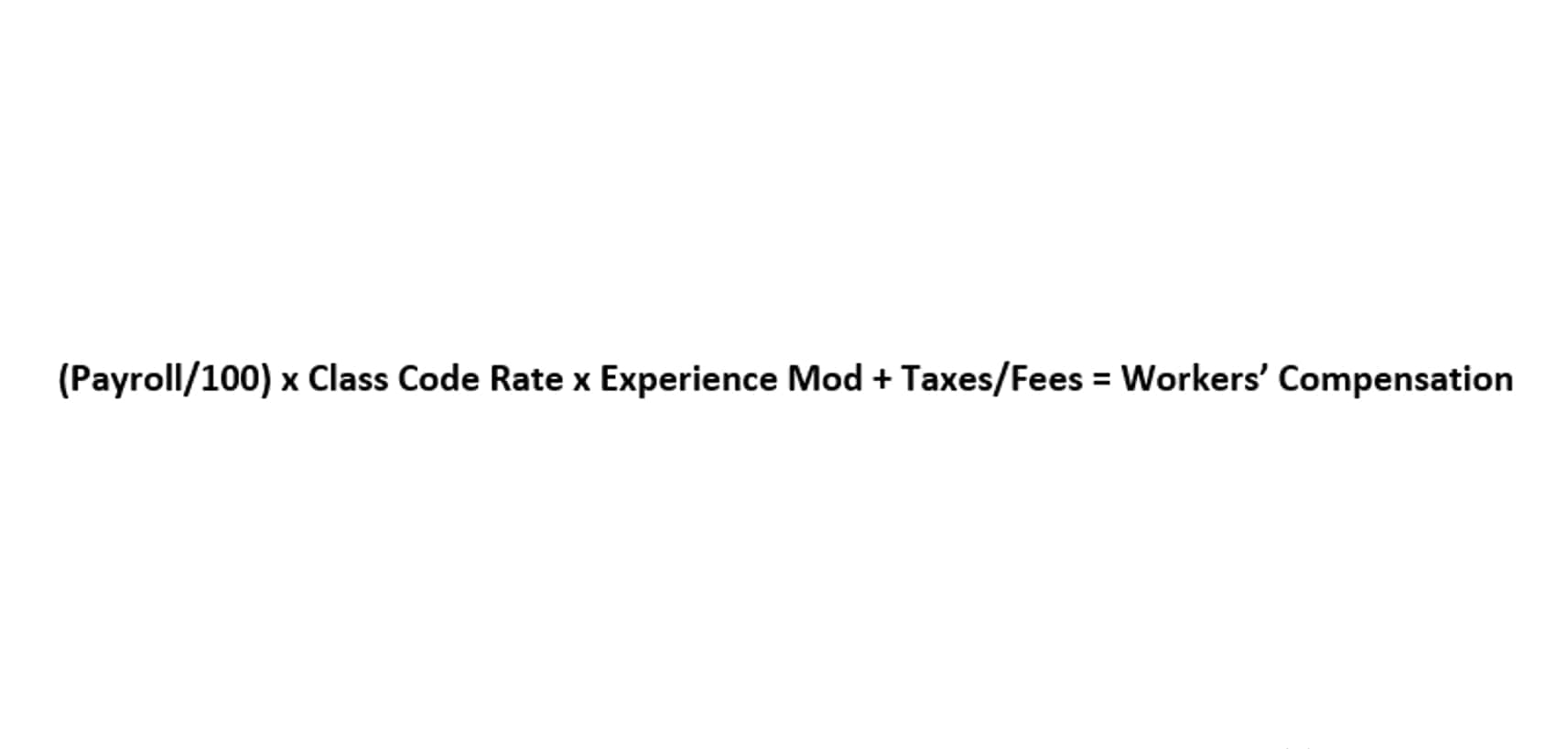
Asking for help is a wise business decision that can set you up for growth and success. You must file your taxes on time to avoid penalties from the IRS. Based on the https://dev-thericehub.pantheonsite.io/2022/09/08/governmental-accounting-and-reporting-i/ monthly sales, set aside some money to pay for your taxes. This will help you avoid having to outlay a significant amount of funds at the end of the year. No need to pass the CPA exam, but understanding a few key bookkeeping and accounting terms can better equip you to read reports, avoid unnecessary errors, and make smarter decisions.
Streamline your accounting and save time
Simple mistakes, such as misclassifying expenses or forgetting to record transactions, can lead to inaccurate financial statements and potential tax issues down the road. One of the primary reasons small business owners choose to handle their own bookkeeping is the potential for cost savings. By not hiring a professional bookkeeper or accountant, you can avoid the ongoing expense of their services. This can be especially appealing for businesses just starting out or those with tight budgets. As a small business owner, it’s easy to make bookkeeping mistakes, especially if you’re new to managing finances.

Best Bookkeeping Tips for Small Businesses
By following these steps and establishing a solid bookkeeping system, you’ll be well-equipped to manage your small business’s finances effectively. Good accounting helps you manage cash flow, make informed financial decisions, and stay compliant with tax regulations. It also provides a clear picture of your business’s financial health, making it easier to secure funding and attract investors. A year-end accounting checklist helps you close out the books on the year. Taking inventory and recording all outstanding payments, payments sent, and payments received will help ensure the accuracy of your financial statements. Businesses with employees or contractors should prepare W-2s or 1099s.

Set (and stick to) your own payment terms.

These tools automate many manual processes, such bookkeeping tips as data entry and bank reconciliation, allowing you to focus on other aspects of running your business. You have been recording journal entries to accounts as debits and credits. At the end of the period, you’ll “post” these entries to the accounts themselves in the general ledger and adjust the account balances accordingly. Most accounting software will automatically import your bank data so you don’t have to manually enter and organize each transaction.
The balance sheet is a snapshot of your business’s financial position at a specific point in time. It lists your company’s assets (what you own), liabilities (what you owe), and equity (the difference between assets and liabilities). By reviewing your balance sheet regularly, you can assess your business’s net worth, monitor debt levels, and make informed decisions about investments and financing. For example, you may find yourself in a dispute with a vendor or under audit by the government. Without clean financial records, you may be at risk of paying settlements or tax penalties for avoidable financial errors. You also may be able to prevent or uncover fraud, whether from customers, vendors, or employees.
Recording Transactions

Our accounting tips can get you started on your way to assessing your finances. When bookkeeping falls behind, even routine tasks like checking your bank account or preparing a cash flow statement can become frustrating. Missing receipts, forgotten invoices, or skipped entries throw off your financial statements and often take even more time (and money) to fix later.
- Learning bookkeeping as a new small business owner may seem daunting, but with the right resources, tools, and support, it’s an achievable goal.
- Growth PlanningUse historical financial data to plan expansion, hire employees, and invest in equipment.
- You can also learn how to use Excel to keep your books or create your business budget with Google Sheets.
- Visit SBA.gov to find out more about how small businesses can stay legally compliant.
- It’s necessary to keep track of your cash payments if you want to have accurate bookkeeping.
No more logging into different systems or merging data in Excel to figure out your monthly cash burn. Rippling lets you offload critical admin work for payroll, benefits, compliance, IT, and finance, helping your small business or startup grow fast and stay lean. With Rippling’s spend management software, you’re empowered to manage all of your spend in one place alongside payroll. It includes Rippling corporate cards, expense management software, and bill pay software.
Unlike accounting, bookkeeping does not require any certifications. Individuals who are successful bookkeeping https://www.bookstime.com/articles/dental-billing professionals are highly organized, can balance ledgers accurately, have an eye for detail and are excellent communicators. At the end of the accounting period, take the time to make adjustments to your entries. For example, you may have estimated certain invoices that are later solidified with an actual number. Once the entries are assigned to the correct accounts, you can post them to the general ledger to get a bird’s-eye view of your current cash status.
